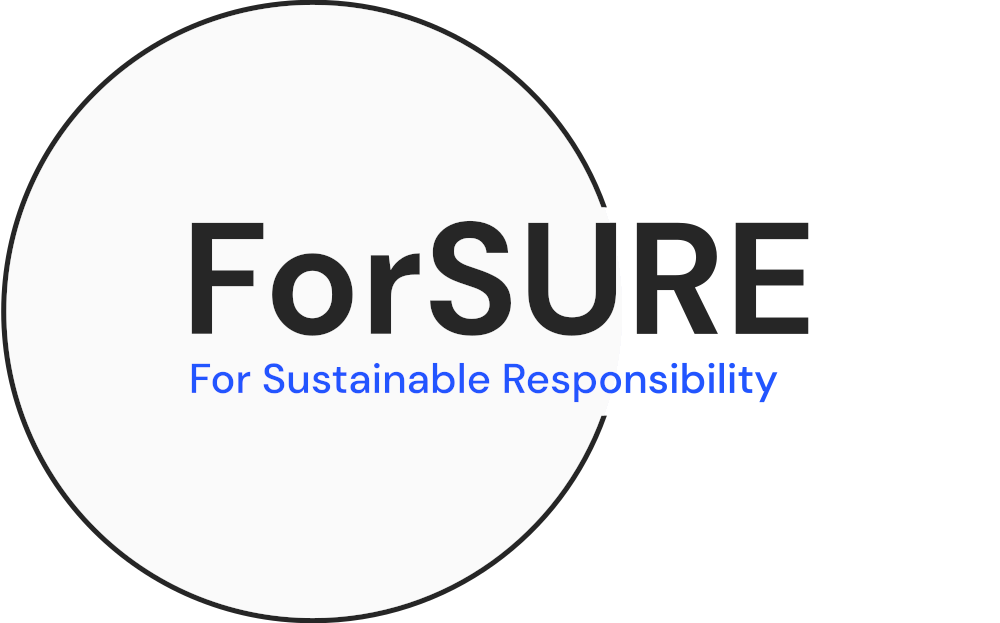Extended Producer Responsibility (EPR) is not just a buzzword in the environmental sector; it's a transformative approach to waste management and product design. At its core, EPR shifts the responsibility of end-of-life product management from consumers and municipalities to the producers themselves. This means that those who manufacture, import, or sell products are now responsible for ensuring these products are recycled, reused, or disposed of in an eco-friendly manner. EPR compliance is at the heart of this transformative approach, ensuring businesses adhere to set standards and regulations.
The Origins of EPR
The concept of Extended Producer Responsibility (EPR) originated in the early 1990s in Europe, particularly in Sweden and Germany. The primary goal was to address the growing concern of product waste, especially packaging waste, accumulating in landfills. The idea was simple: if producers are responsible for the waste they create, they'll be more inclined to produce less waste in the first place.
From Concept to Global Imperative
Over the decades, EPR's scope expanded beyond Europe and beyond just packaging. From electronics in Asia to batteries in North America, the global adoption of EPR policies reflected a growing recognition of producers' roles in waste management. Today, as environmental concerns intensify, EPR stands as a testament to the collaborative efforts of governments, industries, and consumers in pursuing a sustainable future.
Why EPR Matters More Than Ever
EPR Reporting: Bridging Compliance and Transparency
EPR reporting is a crucial component of the EPR framework. It requires producers to document and report on the lifecycle of their products, from production to disposal or recycling. This process ensures that producers are not only compliant with regulations but also transparent in their waste management practices. EPR compliance is integral to this, ensuring businesses meet the necessary standards. Effective reporting involves tracking product quantities, materials used, recycling rates, and disposal methods. While this can be a complex task, especially for businesses operating in multiple regions with varying regulations, modern tools like ForSURE have emerged to simplify and streamline the EPR reporting process, ensuring accuracy and timeliness.
EPR Future Cost Savings
At first glance, Extended Producer Responsibility might seem like an added expense for producers, with the task of product waste management falling on them. However, when implemented effectively, EPR can lead to significant cost savings. By designing products that are easier to recycle or reuse, producers can reduce waste management costs.
Additionally, using recycled materials can often be more cost-effective than sourcing new raw materials. Beyond direct savings, EPR also offers indirect economic benefits. Companies that prioritize EPR often enhance their brand image, appealing to eco-conscious consumers and potentially driving increased sales. In the long run, the investment in EPR not only benefits the environment but also the bottom line.
Implications for Producers
EPR is driving a significant evolution in product design. It promotes the creation of products that not only have an extended lifespan but are also easier to repair and crafted from materials that can either be recycled or biodegraded. While the initial investments associated with EPR, such as setting up return systems, might seem substantial.
Improving recycling processes can pave the way for long-term operational efficiencies. These efficiencies, in turn, optimize resources and position businesses on a path of sustainable growth. Moreover, as EPR policies are rapidly gaining traction across the globe, it's imperative for producers to remain informed about the diverse regulations in various regions. This knowledge ensures they maintain compliance and steer clear of potential penalties.
What Consumers Can Expect
EPR Compliance with Precision
ForSURE is a specialized EPR software solution designed to streamline businesses' adherence to the latest EU EPR regulations. One of its core functionalities is to assist businesses in the EPR reporting process, ensuring accurate and timely submissions. It offers adaptability to various data structures, catering to diverse business needs from consumer goods to electronics. With region-specific templates and a dedicated support team, ForSURE not only ensures businesses remain compliant but also significantly eases the burden of EPR reporting in the evolving landscape of EPR.

Future of EPR
Extended Producer Responsibility is reshaping the way we think about products, from their inception to their disposal. It's a collaborative effort between producers, consumers, and regulators to pave the way for a more sustainable future. By understanding EPR and committing to EPR compliance, businesses can utilize tools like ForSURE to make informed decisions that benefit both their operations and the environment.

